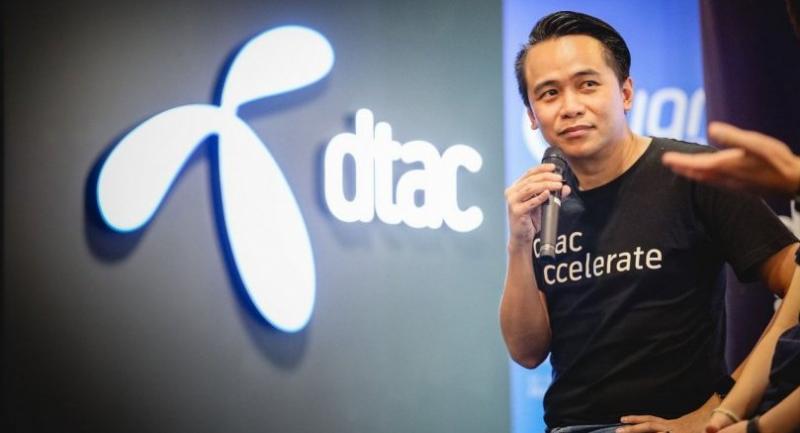Lean Canvas model and how it reduces risks besides accelerating firm's growth

I WAS VERY honoured to have a chance to interview Ash Maurya, father of the "Lean Canvas" model and author of the books Running Lean and Scaling Lean. I would like to share his thoughts about the model and on reducing risks and accelerating growth.
Typically, creating a business plan can take up to 50-60 pages, which makes it difficult to understand, communicate and implement. That is why Maurya created Lean Canvas to help start-ups create a one-page business model that improves understanding as well as minimises risk and uncertainty.
Lean Canvas is a modelling tool that helps increase the probability of success by using information or data derived from business-model hypotheses. This lowered risk and reduced uncertainty are key factors that pushed former start-ups like Facebook and Dropbox to become tech giants.
"Asking questions and testing hypotheses broadens our business perspective and helps us reduce risk in the business," Maurya said.
Most start-ups fail because they do not clearly understand the "business problem" from the start, so they waste time, money and effort building the wrong product or service. The next step is to develop a feasible solution for early adopters to try out and give feedback before launching the final product to the market.
Another key component of Lean Canvas is to identify key metrics that are clear and easy to measure. Start-ups should only focus on one or two key metrics that matter to their business.
"Most start-ups will hit stumbling blocks along the way and will eventually fail if they cannot overcome them. The Lean Canvas model helps start-ups grow their business and be effective start-ups," Maurya said.
Lean Canvas is not limited only to start-ups, but is also for large corporations. Users of Lean Canvas just need to have entrepreneurial thinking. Top companies like Intel and Microsoft have adopted Lean Canvas in their business-model planning.
The Thai start-up industry is constantly on the rise, with support from the private sector including co-working space, start-up houses, incubator programmes, and funding from corporate venture capital.
Most Thai start-ups are marketplace-centric, focusing on solution development. It is also important to figure out how to deliver the product or service to the target customer.
To become a unicorn, a start-up worth more than US$1 billion, a start-up needs to create a solution that solves the problem for people around the world, not just for Thai people.
Sompoat Chansoomboon is director of the dtac Accelerate division of Total Access Communication.
